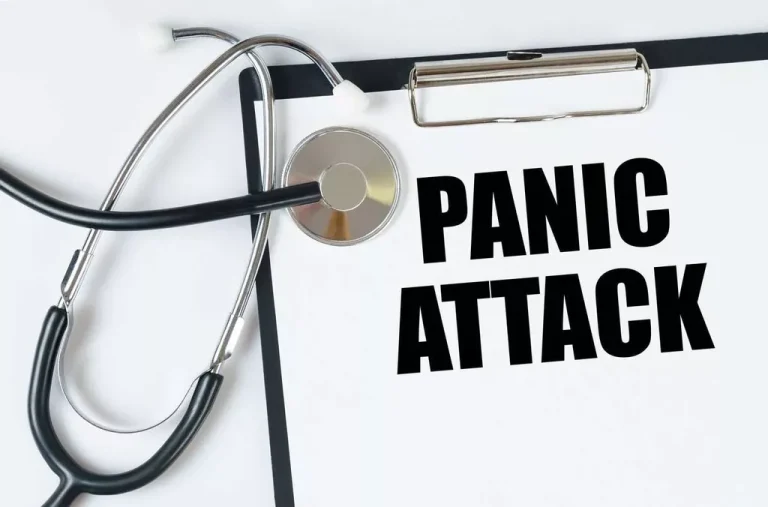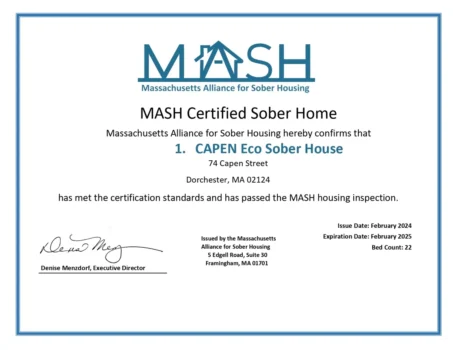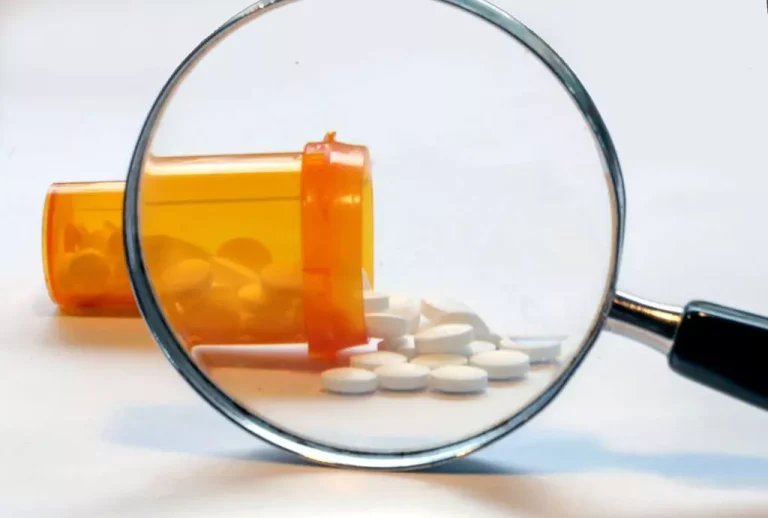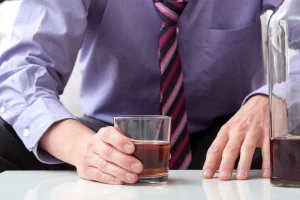
We realize that triggers play a significant role in the recovery process, but they do not have to sabotage your progress. Once you understand how to recognize your relapse triggers, there are ways to minimize and cope with them. To learn more about our outpatient programs, contact our admissions external triggers department today. Developing strategies for processing and navigating difficult emotions is vital to prevent emotional turmoil from leading to a relapse. This might include seeking professional help, such as therapy or counseling, to better understand and manage these emotions.
Triggers, Healthy Coping Skills, and Addiction Recovery
What is most important is identifying your unique triggers and learning to cope with them in a way that is healthy and positive. As someone on a lifelong sobriety journey, I can attest to moments where triggers still pop into my life. Our ability to overcome and stay focused minimizes the impact these triggers can have.
Negative Feelings Trigger Relapses
Read on to learn more about common triggers, where they come from, and healthy ways to deal with them. Unchecked feelings could develop into bad behavior like drinking or using to cope with the suppression. The safest way to avoid triggers to use amongst friends is by cutting out the ones who are tempting or encouraging you to abuse. However, this might not work for all of your friends, stay resilient, and refuse to give in.
Develop a Strong Support Network with Other Recovering Addicts

For someone with a history of trauma, being around anything that reminds them of a traumatic experience can make them feel like they’re experiencing the trauma all over again. Over time, triggers should decrease, but they never go away for good. There may be times in your life when triggers are more powerful than others, but you will learn how to better manage them. All of these situations could potentially lead to a relapse if you’re not prepared. The FHE Health team is committed to providing accurate information that adheres to the highest standards of writing.
- Emotions that act as internal triggers can be negative, positive, or neutral.
- Warren is a Licensed Master Social Worker, who specializes in substance abuse and mental health treatment.
- You may feel angry, guilty, or shameful about past choices, and these intrusive, negative thoughts can deter the recovery process.
- BetterHelp can connect you to an addiction and mental health counselor.

Individuals may suffer from uncontrollable drug or alcohol cravings when exposed to certain cues. The cravings act as a reflex to external or internal triggers, and this response can even affect individuals who have abstained from drugs or alcohol for a long time. Though commonly used to refer to the experiences of people with post-traumatic stress disorder (PTSD), the term “trigger” can also be used in the context of other mental health illnesses. This includes substance use disorders, eating disorders, and anxiety. Awakenings Treatment Center is a holistic recovery center that teaches clients how to develop lifelong skills to help them maintain sobriety.
- It may seem obvious to point out that drug and alcohol cravings can trigger a relapse, but it is worth discussing so that you can develop a plan for dealing with these triggers.
- At this critical initial stage, it can be important to ensure that you continue certain treatment aspects, such as counseling and communicating with recovery experts.
- Exercise is a great way to practice focusing on the task at hand, and you’ll feel good for hours afterward.



